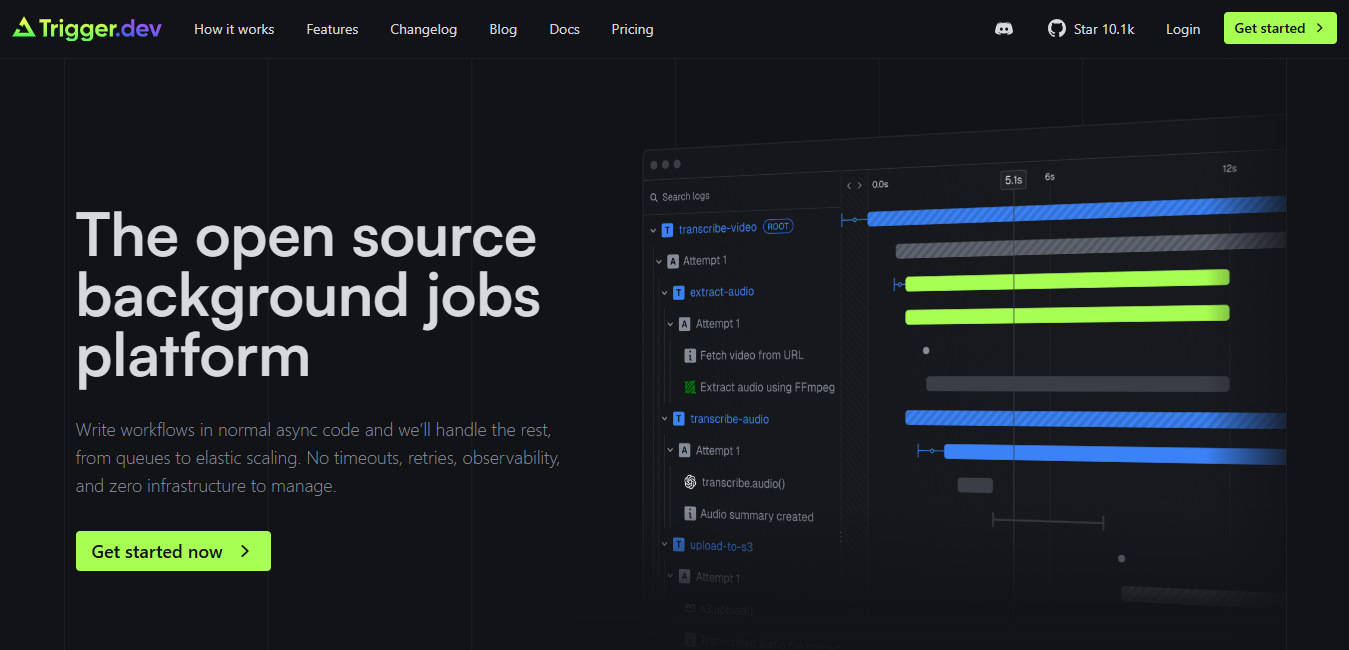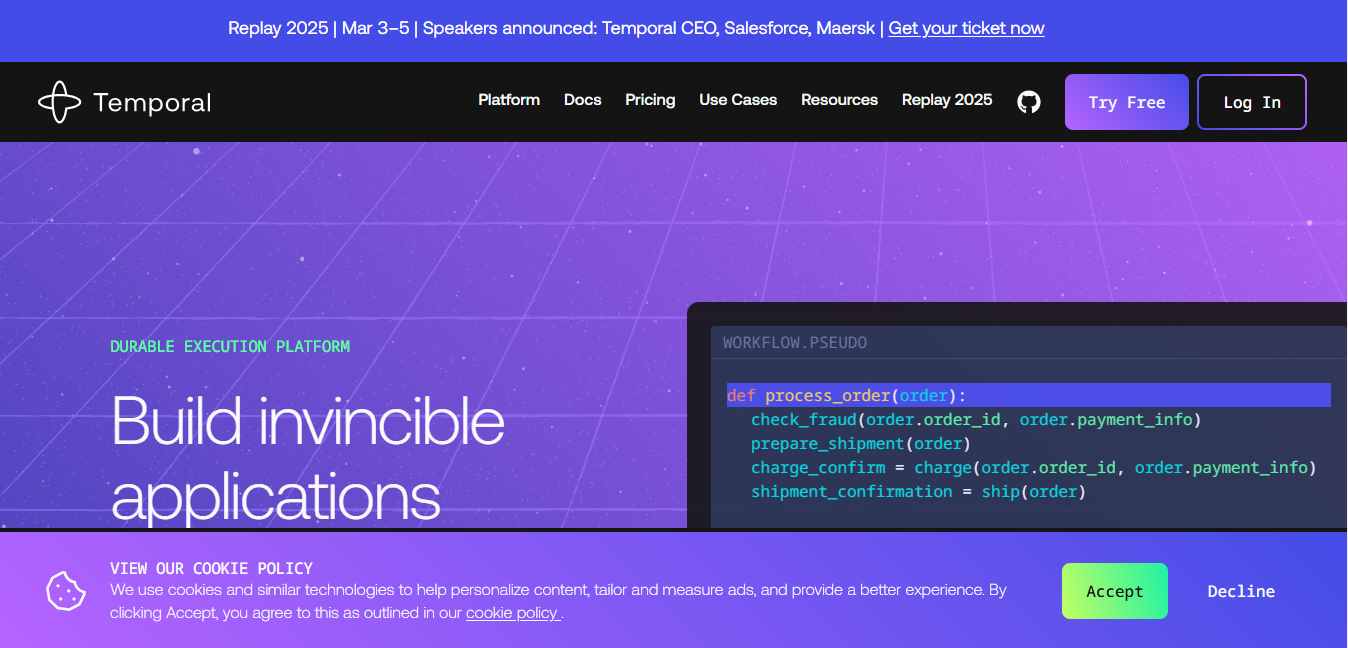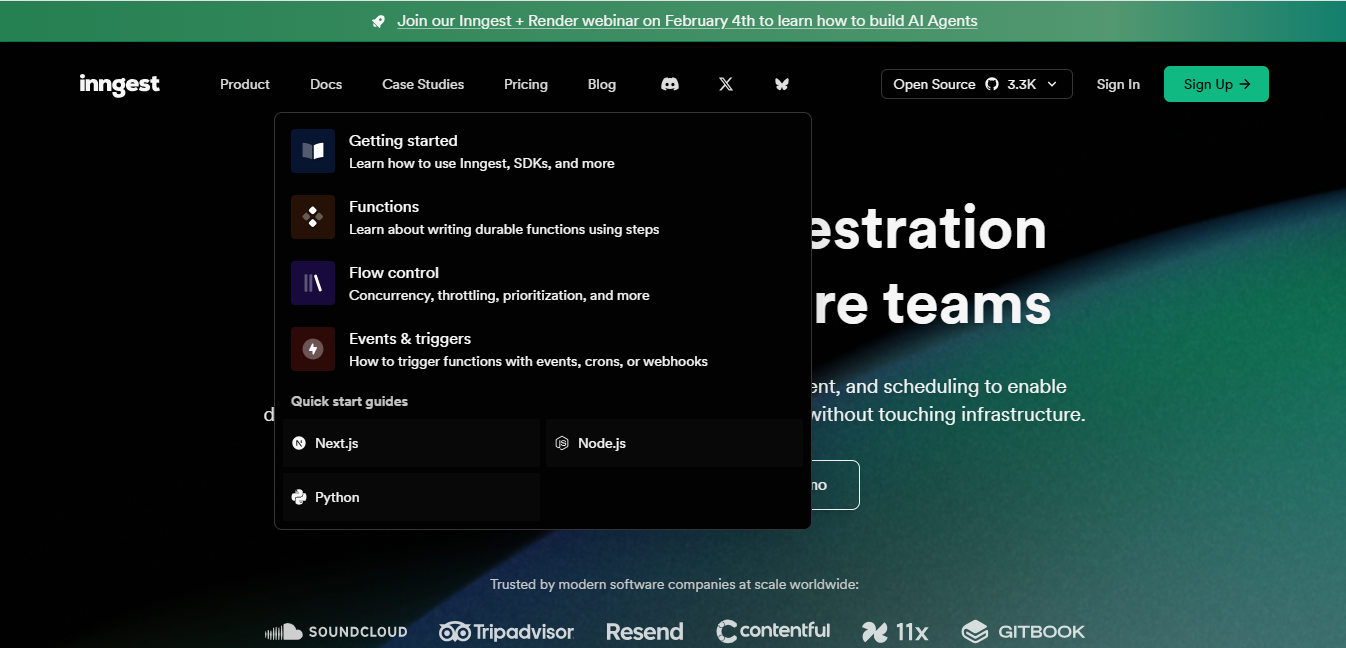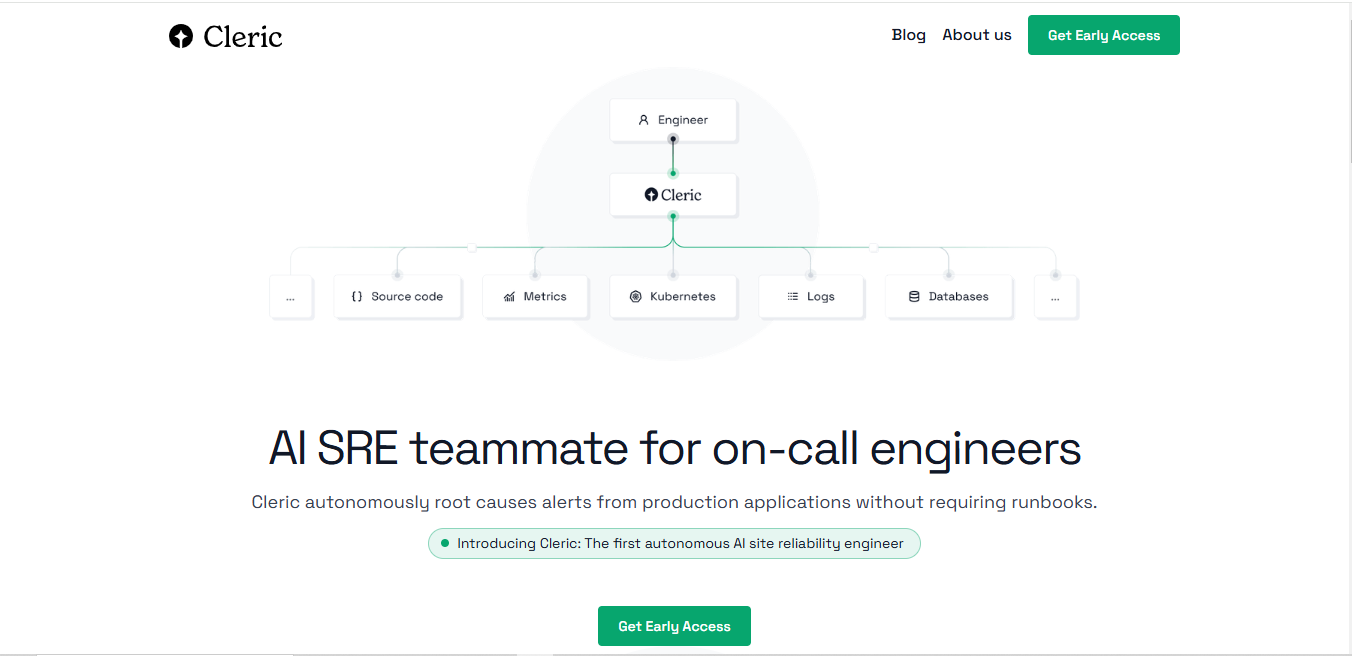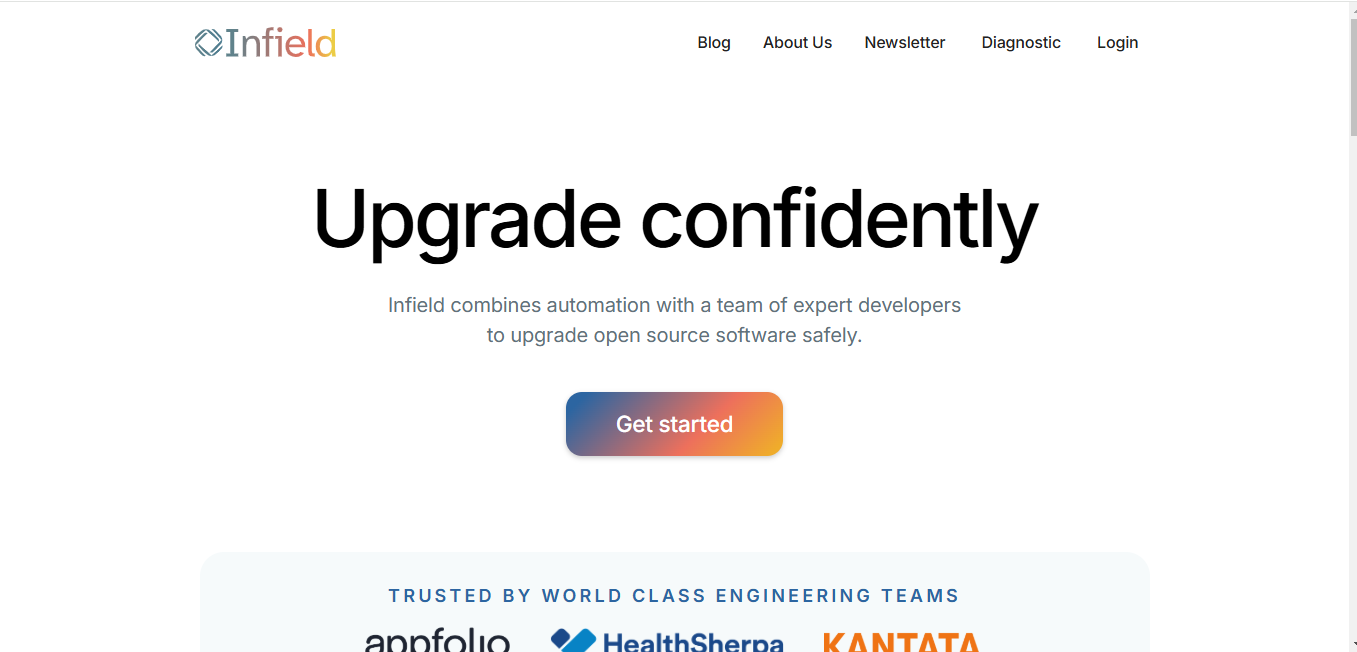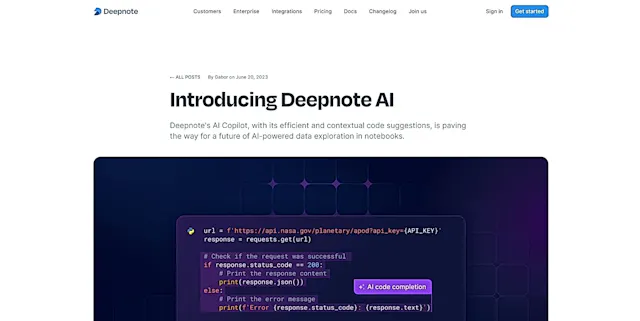
Deepnote
What is Deepnote?
Deepnote is an AI-powered data science notebook that combines the flexibility of Jupyter notebooks with real-time collaboration and cloud-based computing. It aims to streamline data analysis workflows and boost productivity for data scientists and analysts.
Top Features:
- AI Copilot: provides context-aware code suggestions to speed up coding tasks.
- Real-time collaboration: allows multiple users to work on the same notebook simultaneously.
- Cloud-based infrastructure: eliminates the need for local setup and configuration.
Pros and Cons
Pros:
- Intuitive interface: user-friendly design makes it accessible for beginners and experts alike.
- Seamless integration: works well with various data sources and tools.
- Powerful AI assistance: helps users write code faster and more efficiently.
Cons:
- Learning curve: new users may need time to adapt to the platform's features.
- Limited offline functionality: relies heavily on internet connectivity for full functionality.
- Potential privacy concerns: cloud-based nature may raise data security questions for some users.
Use Cases:
- Data analysis: explore and visualize large datasets quickly and efficiently.
- Machine learning projects: develop and test models in a collaborative environment.
- Academic research: share and reproduce scientific findings with ease.
Who Can Use Deepnote?
- Data scientists: professionals looking to streamline their workflow and collaborate effectively.
- Analysts: individuals who need to process and visualize data regularly.
- Students and educators: those learning or teaching data science and programming concepts.
Pricing:
- Free Trial: available for users to test the platform's features.
- Pricing Plan: tiered system based on usage and team size.
Our Review Rating Score:
- Functionality and Features: 4.5/5
- User Experience (UX): 4.5/5
- Performance and Reliability: 4/5
- Scalability and Integration: 4/5
- Security and Privacy: 3.5/5
- Cost-Effectiveness and Pricing Structure: 4/5
- Customer Support and Community: 4/5
- Innovation and Future Proofing: 4.5/5
- Data Management and Portability: 4/5
- Customization and Flexibility: 4/5
- Overall Rating: 4.1/5
Final Verdict:
Deepnote is a powerful tool for data professionals, combining AI assistance with collaborative features. While it excels in many areas, users should consider their specific needs and privacy requirements before fully adopting the platform.
FAQs:
1) How does Deepnote differ from traditional Jupyter notebooks?
Deepnote adds real-time collaboration, cloud-based computing, and AI-powered code suggestions to the familiar Jupyter notebook interface.
2) Is Deepnote suitable for beginners in data science?
Yes, Deepnote's user-friendly interface and AI assistance make it accessible for beginners, though some initial learning may be required.
3) Can I use Deepnote offline?
Deepnote is primarily cloud-based, so full functionality requires an internet connection. Limited offline use may be possible.
4) How secure is my data on Deepnote?
Deepnote implements standard security measures, but users should review their privacy policies and consider sensitive data handling.
5) Does Deepnote support languages other than Python?
Yes, Deepnote supports multiple programming languages, including R, SQL, and Julia, among others.
Stay Ahead of the AI Curve
Join 76,000 subscribers mastering AI tools. Don’t miss out!
- Bookmark your favorite AI tools and keep track of top AI tools.
- Unblock premium AI tips and get AI Mastery's secrects for free.
- Receive a weekly AI newsletter with news, trending tools, and tutorials.

